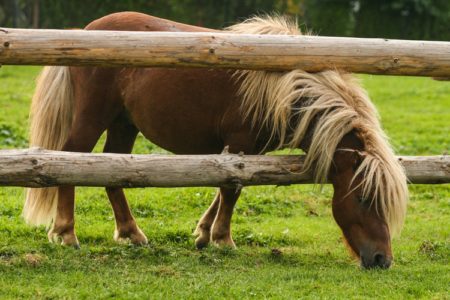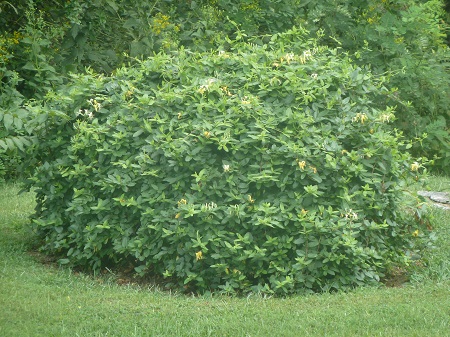To a T
 “You described my life to a T.” That was Judith Coopey’s response to one of my blog posts. As soon as I read her words, I knew I had to write about them.
“You described my life to a T.” That was Judith Coopey’s response to one of my blog posts. As soon as I read her words, I knew I had to write about them.
I have used this expression all my life.
To a T means something is perfect.
Not close. Not almost. It is:
- Exact
- Correct
- Complete
To a T can be used several ways.
It describes:
- A situation: “That class meets my needs to a T.”
- How something looks: “That dress fits to a T.”
- A person: “Funny but loving describes her to a T.”
- Likeness: “This pond reflects the cabin to a T. It is a spitting image.”
No one knows how this expression started. The Phrase Finder lists several possibilities.
Jesus’ sacrifice meets everyone’s greatest need to a T.
That fact makes each day a day of thanksgiving and a reason to count life’s blessings.
“For by one sacrifice he has made perfect forever those who are being made holy” (Hebrews 10:14 NIV).
Thanks to Judith Coopey for the suggestion.
Do you have an expression you want explained or a thought about this one? If so, please comment below.
Subscribe to receive my weekly posts by email and receive a free copy of “Words of Hope for Days that Hurt.”
If you enjoyed this post, please share it with your friends.
 When we pick someone’s brain, we get information from that person.
When we pick someone’s brain, we get information from that person. 
 If we search high and low, we look everywhere.
If we search high and low, we look everywhere.  Easy does it tells us to move slowly and carefully.
Easy does it tells us to move slowly and carefully. “Nip it in the bud. Just nip it in the bud.”
“Nip it in the bud. Just nip it in the bud.”  The first time I saw the ocean was a watershed moment.
The first time I saw the ocean was a watershed moment.  I always thought up a stump meant the same as stumped. My friend Patty Cooper Emerson explained a difference in the two.
I always thought up a stump meant the same as stumped. My friend Patty Cooper Emerson explained a difference in the two.

 We can’t control everything in our lives.
We can’t control everything in our lives.